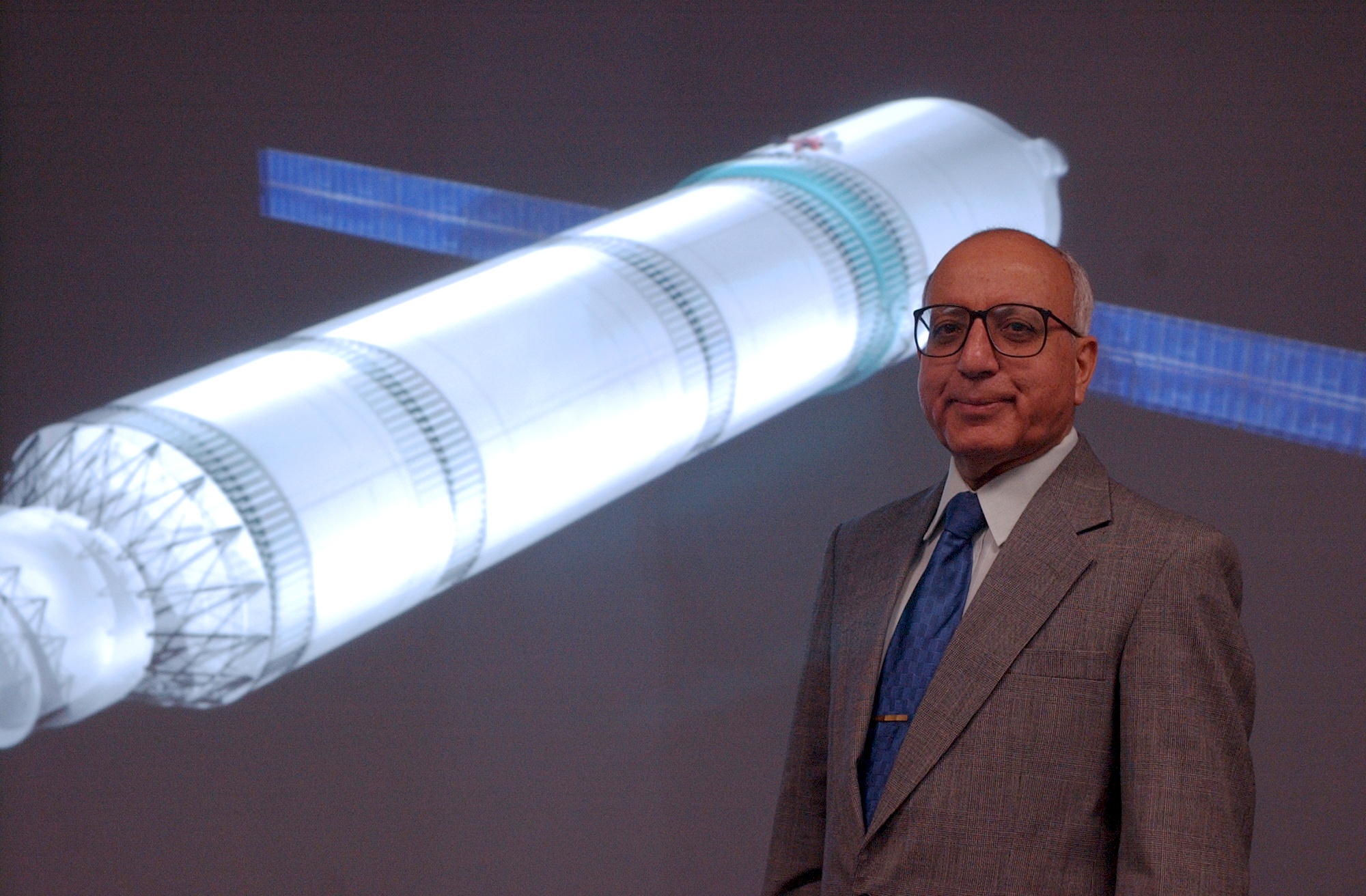Embracing Artificial Intelligence Through Education
October 12, 2017
By Keith Pierce
When the average person hears the phrase "artificial intelligence," it conjures up scenes from a sci-fi thriller, where the unthinkable happens: Artificial intelligence surpasses human intelligence and the world is run by robots. While we might not have to worry about robot domination just yet, the fear that artificial intelligence (AI) will replace at least some human job functions is a real concern for many. In fact, it's already happening - think drone-delivered Amazon packages, robot waiters at Pizza Hut and self-driving Uber vehicles.
If you think it's just low-paying manufacturing or hourly jobs that will see robotic replacements, think again. That's what robots are now doing, thinking... again and again. With technology that goes beyond reading and writing, robots are beginning to emulate human behavior, doing things such as analyzing facial expression to detect mood, studying human activity to stop crime before it happens and examining data to diagnose disease.
What about the jobs of the people responsible for designing and developing these intelligent systems? As intelligent machines become capable of sensing, perceiving, responding to and learning from other machines, will we have teams of super-intelligent robots capable of researching, brainstorming and then acting on their ideas? Are engineers designing their own replacements? Not exactly, says Ahmed Noor, professor emeritus of modeling, simulation and visualization engineering at Old Dominion University.
"While much of the product design that happens autonomously begins with human decisions, artificially intelligent systems are, in fact, learning how to do more than just assembly-line-type jobs," Noor says. "However, though AI is enhancing the power of engineers to develop and design new products, the engineer is, and must remain, very much in control of the design process."
Though not concerned about a robot takeover, Noor, in an article in the October 2017 edition of Mechanical Engineering magazine, describes the remarkable progress in AI.
"Strong AI," also known as artificial general intelligence (AGI), refers to a system that can learn and upgrade on its own, without instructions. Like self-driving cars, it also has the ability to operate with great autonomy. "Artificial superintelligence" (ASI), which excites today's scientists, refers to systems with intellect much higher than the human brain. This includes areas like scientific creativity, general wisdom and social skills such as facial recognition systems that can determine if a person is depressed or if a student is paying attention in class. ASI also could lead to robotic clinicians capable of diagnosing illness faster and more accurately than human doctors.
Noor explains that AI has moved from automated systems to autonomous systems, but beyond 2017 it will move to the next level - cognitive connected systems. These systems add superior intelligence and complex discerning ability to machines, leading to human feelings and thinking.
"We cannot keep thinking that these things are too far into our future, because they are already here," he says. "We just have three choices when it comes to the rapid advancement of AI: We can either guide the change, resist the change or deny it altogether. It's really up to us. Where do we want to be? That's the question."
As universities consider the implications AI has on educating future engineers, Noor believes that students and faculty must think beyond today, tomorrow and even the day after tomorrow.
Noor describes AI as the new interface that is fundamentally altering our relationship with technology. From natural language processing, computer vision, machine learning, intelligent automation, deep learning and more, AI is evolving from adviser to orchestrator - from productivity enhancer to game changer. Training both students and faculty not to be intimidated by these advancements, but to embrace opportunities to work with them, is key to building on the capabilities of these intelligent systems, he says.
Universities worldwide are beginning to incorporate AI into their educational programs, such as IBM's $240 million AI lab at MIT and SimCoach, an online intelligent virtual human counselor, developed at the USC Institute for Creative Technologies.
"ODU could benefit from the development of cognitive cybernetic virtual assistants for providing customized information, and helping students and faculty in various other tasks," Noor says.
"With intelligence technology permeating every aspect of our lives, we must equip faculty with the knowledge and resources to teach students how to innovate beyond current innovation to become effective partners with and even developers of future AI technologies."
We need not be concerned about AI replacing humans, Noor says. "We have to see it as augmenting human intelligence, amplifying our strength, amplifying our thinking and amplifying our reach."


